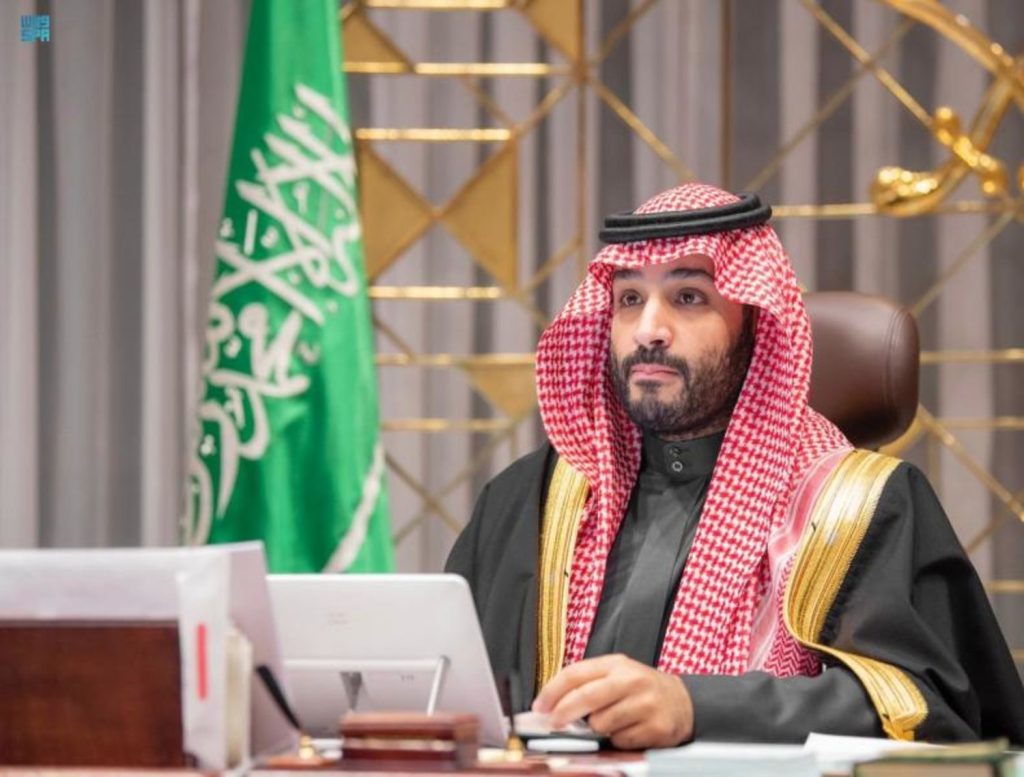Saudi Arabia Turns to Turkey for Advanced Fighter Jets Amid U.S. Tensions
Riyadh’s Shift from Washington Highlights Efforts to Boost Military Independence and Strengthen Regional Alliances.
Watan-Saudi Arabia, led by Crown Prince Mohammed bin Salman, is facing military and diplomatic challenges with its traditional ally, the United States, after Washington refused to sell advanced F-35 fighter jets to Riyadh. This rejection followed lengthy negotiations involving a bilateral defense treaty and steps toward normalizing relations with Israel.
Despite the concessions made by Saudi Arabia, the Biden administration did not proceed with the deal, frustrating Saudi leadership and prompting them to seek alternatives beyond their traditional alliance with Washington.
Turkey has emerged as a strategic alternative for Saudi Arabia, especially with its domestically developed “Kaan” fighter jets, which rival the capabilities of U.S. aircraft.
In late 2024, Riyadh sent a high-level delegation to Ankara to meet with leaders of the Turkish Defense Industries Authority. According to media reports, the discussions resulted in a deal for the purchase of 100 Kaan fighter jets, marking a significant shift in Saudi military policy.

Saudi Arabia’s decision to turn to Turkey reflects its desire to enhance its military independence and reduce reliance on the United States, particularly amidst escalating regional tensions and advanced threats from the Houthis.
In recent years, the Houthis have demonstrated advanced military capabilities that have embarrassed Saudi Arabia, which now urgently needs to modernize its air force to address growing security challenges.
Beyond security motives, the deal carries clear political messages to the U.S., signaling that Saudi Arabia has multiple options and will not remain subject to the pressures of its Western allies. The agreement also highlights a growing Saudi-Turkish rapprochement, as Ankara seeks to expand its regional role through new military and economic partnerships.

While the Turkish fighter jet deal offers a temporary solution for Saudi Arabia, acquiring sixth-generation aircraft remains a strategic goal for its air force. Meanwhile, the U.S. refusal to sell F-35s underscores ongoing disagreements between the Biden administration and Riyadh over regional issues and strategic priorities.
With a potential confrontation with the Houthis looming and rapid shifts in the regional landscape, the key question remains: Can Saudi Arabia secure its interests through new partnerships, or will it have to make further concessions to regain the trust of its traditional allies?





